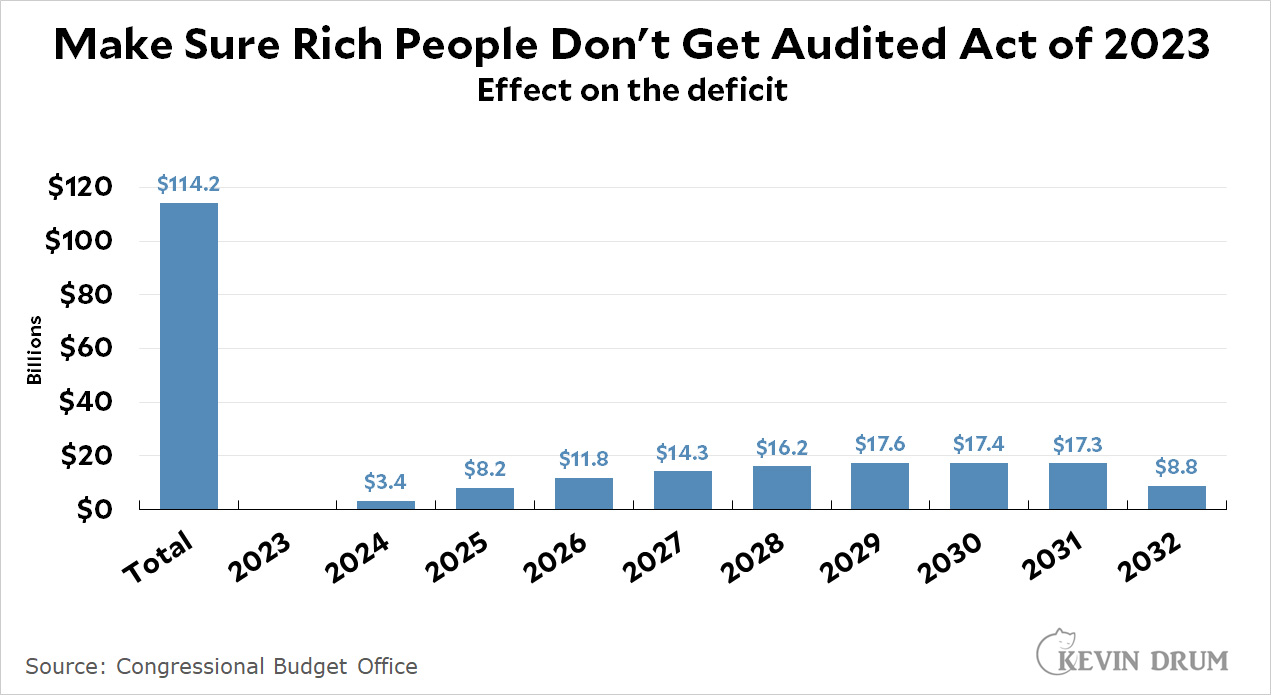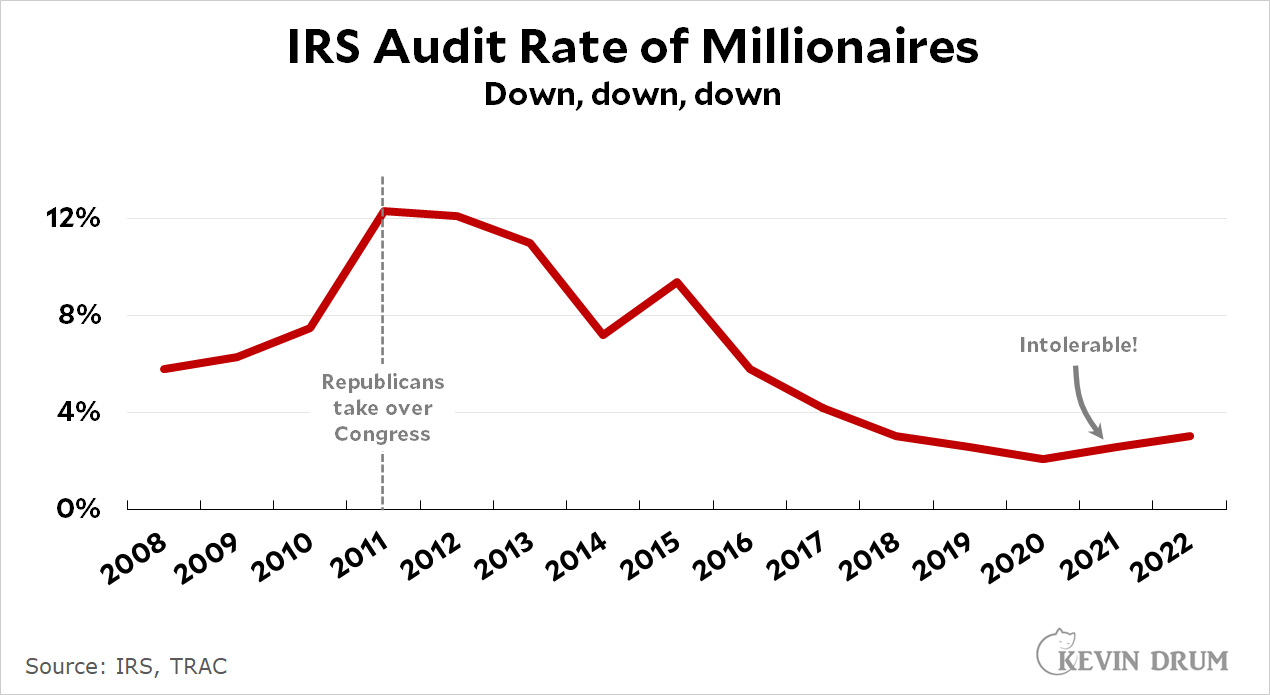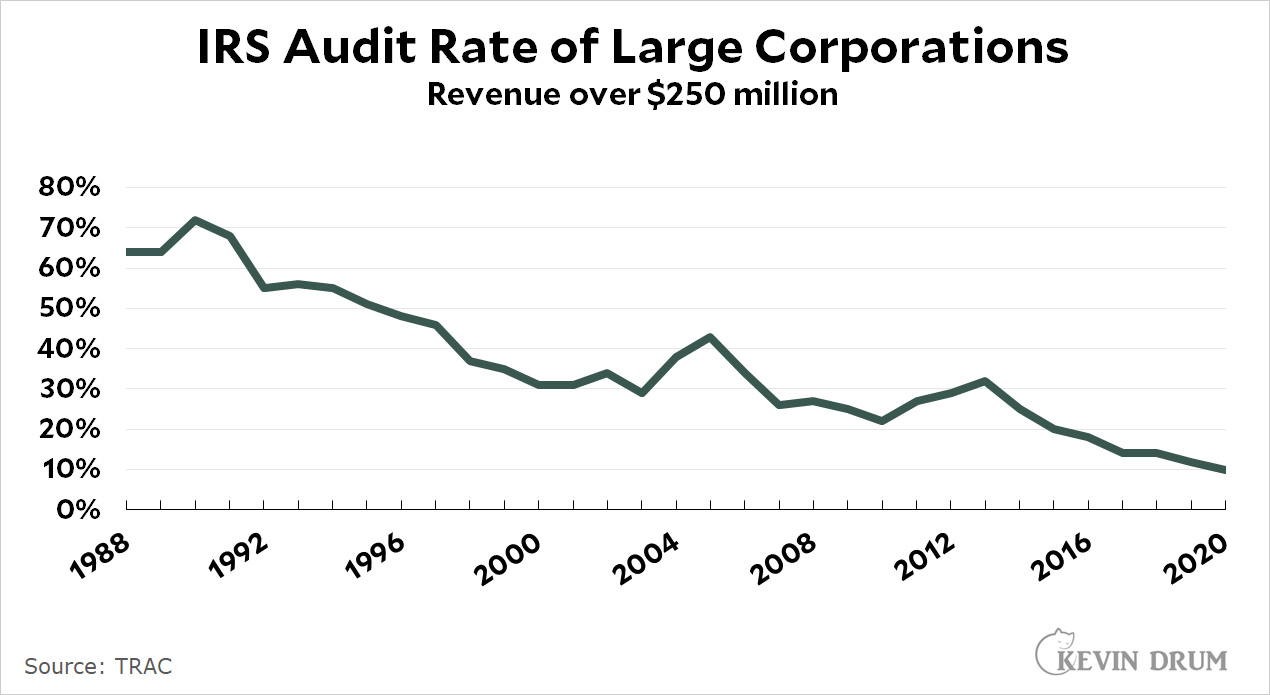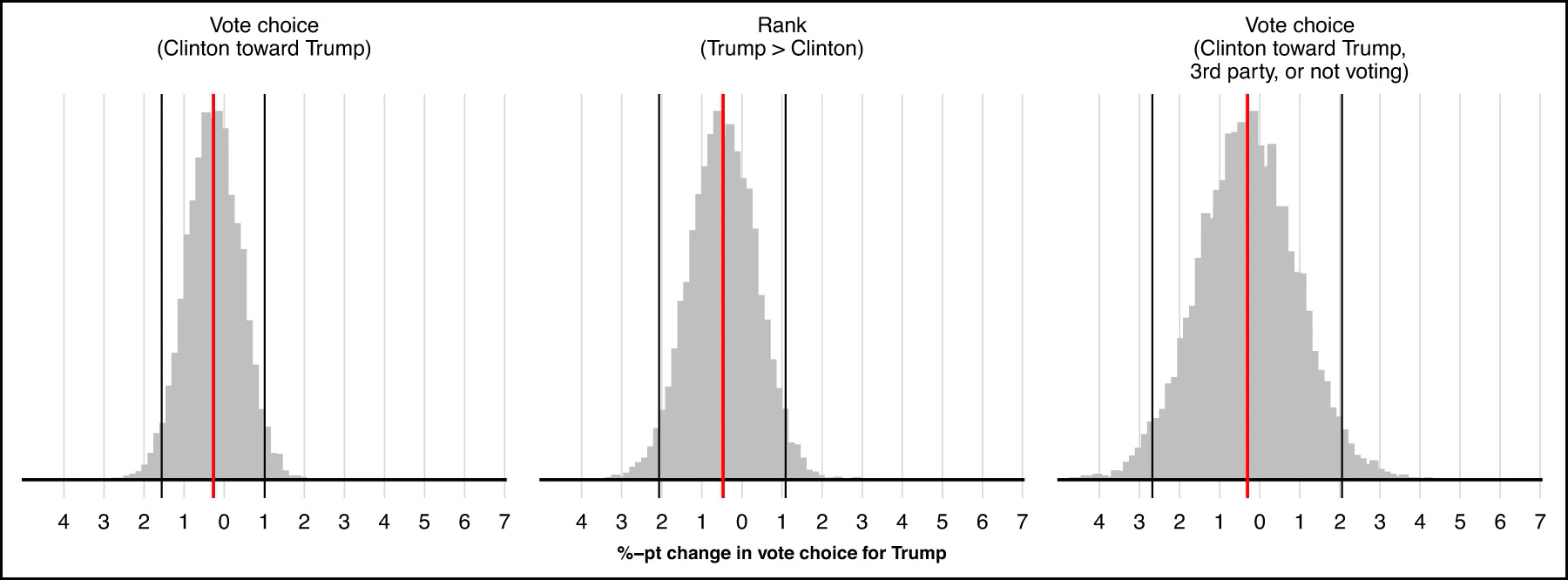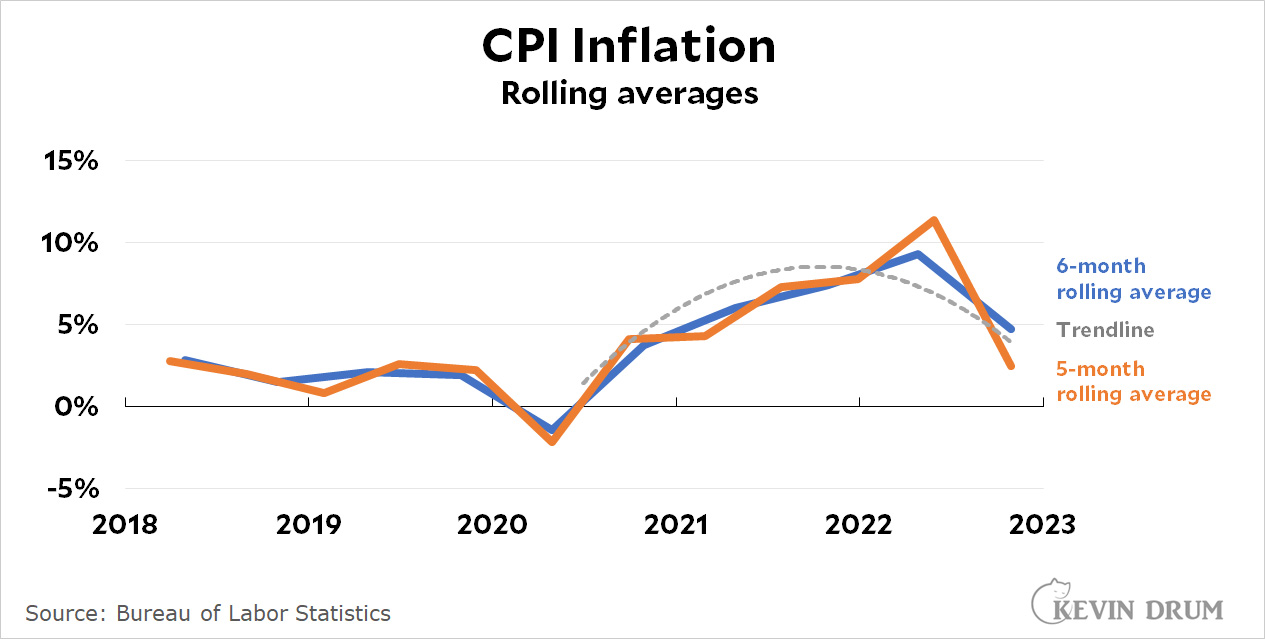A 34-year-old Navy lieutenant is currently serving a three-year term for manslaughter in a Japanese prison. Here is a Wall Street Journal editorial explaining how he got there:
Lt. Ridge Alkonis, assigned to the guided-missile destroyer the USS Benfold in Yokosuka, was driving his family back from a trip to Mt. Fuji in May 2021 when he fell unconscious. Two Japanese nationals died in the resulting wreck. No one alleges drugs or alcohol were involved. Lt. Alkonis is a Mormon and doesn’t drink, and his wife and young children were in the car in broad daylight. Jonathan Franks, a spokesman for the family, says a Navy neurologist said that Lt. Alkonis had suffered acute mountain sickness.
This is a standard Wall Street Journal editorial. Every sentence in it is true and it leaves you with a clear sense of outrage over Alkonis's treatment. Why would a Japanese judge hand down such a harsh sentence over something that was clearly a freak accident? More generally, should US service members be subject to the "whims of local justice"?
But the problem here isn't with what the Journal editorial said. The problem is what it left out:
- The three-judge panel in the case didn't believe Alkonis's claim of mountain sickness.
- Partly this was because of inconsistencies between his testimony and what he told the police during an earlier round of questioning.
- Partly it was because altitude sickness typically doesn't manifest below 8,000 feet and virtually never below 6,000 feet—and always while you're ascending. Alkonis was descending from, at most, around 7,000 feet, and the accident occurred in the Yamamiya district, which is around 1,000-2,000 feet.
.

- And finally, it was partly because Alkonis passed out completely before losing control of his car. This is not normal behavior for altitude sickness.
- Instead, the court concluded that Alkonis fell asleep at the wheel and continued driving anyway. Then he fell asleep a second time and ended up killing two people.
This puts a different spin on things, doesn't it?
Please note: This post is not about taking sides on the Alkonis case nor about the fairness of his sentence. I wasn't there; I didn't attend the trial; and I'm not a doctor.
Rather, this post is an example of why you should never believe anything you read on the Wall Street Journal editorial page. If you're lucky, the words on the page will be tolerably correct. But lucky or not, the editorial will never, ever provide a complete and fairminded argument. That would put them out of business.

